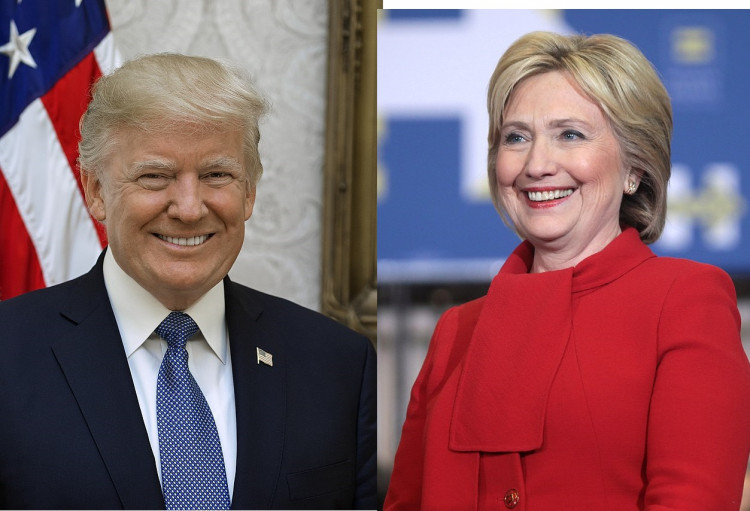Former President Donald Trump claimed that he could have taken drastic actions against Hillary Clinton during his time in office but chose not to for the good of the country. The remarks, made during an impromptu press conference at Mar-a-Lago, have sparked significant backlash, with critics accusing Trump of both threatening rhetoric and historical revisionism.
Trump's comments, which were part of a broader discussion about his political opponents, quickly drew attention for their menacing tone. "With Hillary Clinton, I could have done things to her that would have made your head spin," Trump said, referencing the 2016 presidential election where Clinton was his Democratic opponent. "I thought it was a very bad thing to take the wife of a president of the United States and put her in jail. And then I see the way they treat me. That's the way it goes."
These statements have been met with sharp criticism from across the political spectrum. Many commentators and social media users expressed outrage at the insinuation that Trump had considered taking severe actions against Clinton, but refrained out of a purported sense of national unity. The choice of words-particularly the phrase "could have done things to her"-was seen by many as disturbingly aggressive and inappropriate, especially coming from a former president.
The backlash was swift on social media, with users condemning Trump's remarks as both threatening and indicative of his broader approach to political rivals. One user remarked, "Let's not forget, Trump was found liable for [assaulting] a woman in New York City," referring to his recent legal troubles. Another critic described Trump as a "perpetual cry baby" who still attempts to paint himself as a victim, while yet another questioned whether it's possible to obtain a restraining order against a former president.
During the press conference, Trump attempted to downplay his past "lock her up" rhetoric, which had been a staple at his campaign rallies. He claimed that he had not personally advocated for Clinton's imprisonment, despite numerous instances of him leading such chants during his campaign. "I thought it was terrible. I'd make a speech, everyone would say, 'Lock her up, lock her up,' and I'd say just relax, please," Trump stated, positioning himself as a figure of restraint.
However, this narrative has been widely disputed. Video clips from the 2016 campaign, where Trump can be seen encouraging chants of "lock her up," quickly resurfaced online, contradicting his more recent assertions. The former president also suggested that prosecuting Clinton would have been detrimental to the country, claiming, "I think it would have been horrible for our country... And I think in terms of unifying the country, bringing it back, it would have been very bad for our country."
Trump's comments about Clinton were not limited to the idea of prosecution. He also took the opportunity to draw a comparison between Clinton and Vice President Kamala Harris, who recently became the Democratic nominee for the 2024 presidential election. In a rare moment of praise, Trump acknowledged Clinton's intelligence, stating, "I would say that in terms of intelligence, Hillary was far superior... She was her own worst enemy in many ways, but she was smart, very smart."
These remarks have reignited discussions about Trump's tactics and motivations during his presidency, particularly his frequent use of divisive rhetoric. Critics argue that his comments about Clinton are part of a broader pattern of behavior in which Trump seeks to rewrite history and portray himself as a magnanimous leader, despite his often incendiary language.
The controversy also highlights ongoing tensions surrounding the role of the Department of Justice and the potential prosecution of political figures. Trump's insinuations that he held back from prosecuting Clinton "for the good of the country" have raised questions about the extent to which personal vendettas influenced his decisions while in office.






